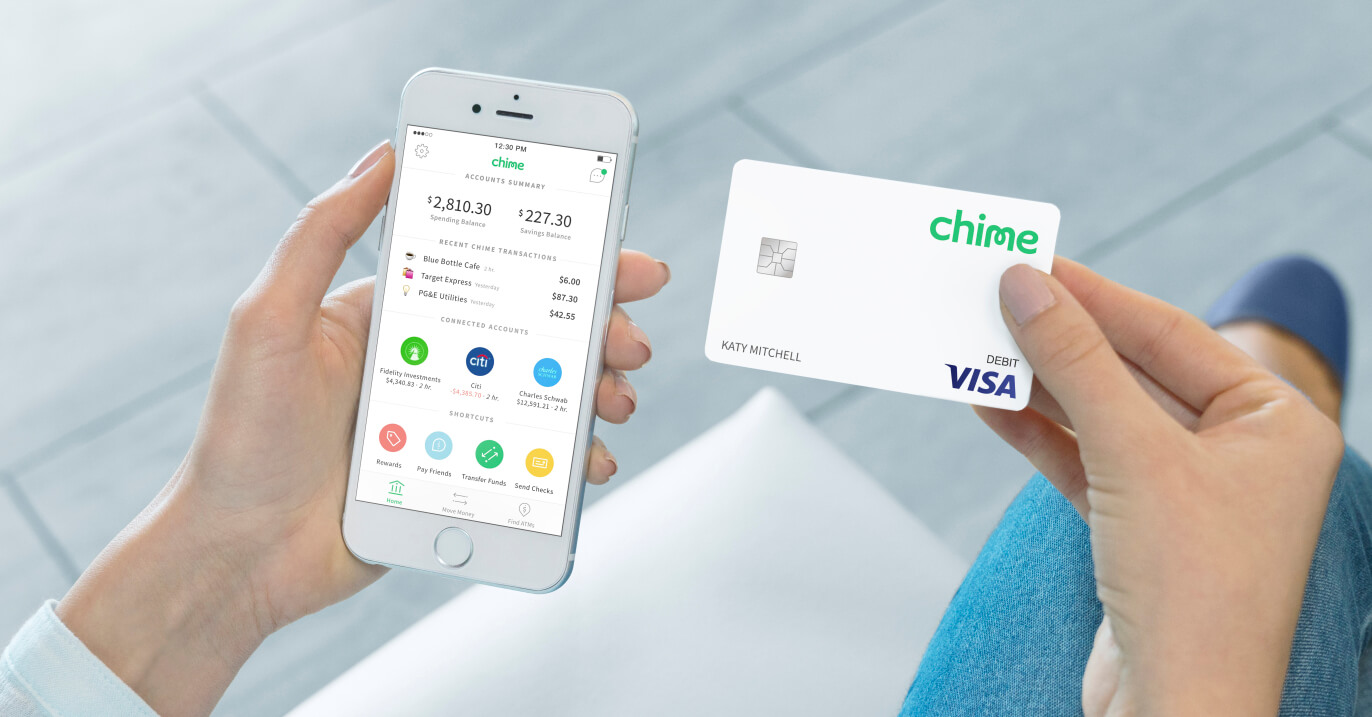[ad_1]
How do these banks actually work?
It’s pretty straightforward: Companies like Varo, Chime and others form partnerships with financial institutions like The Bancorp Bank and Customers Bank to provide their customers with checking and savings accounts. Since the organizations actually holding onto your money are FDIC-insured, you’re covered up to the legal limit of $250,000 if your startup bank or its partner institution go under. (Eight banks in the United States failed last year, up from five in 2016.) You’ll also get a standard Visa debit card as part of the deal, which is protected by Visa’s zero-liability policy — in other words, you won’t be held liable for any fraudulent charges provided you contact the bank immediately. That should all sound very familiar. The only real difference is that since there are no brick-and-mortar branches, you’ll do just about all of your financial management from a mobile app.

Since those financial partners are the entities actually hanging onto your cash, mobile-first banks generally focus on two areas: overall convenience helpful features to help you better manage your money. Simple lets you create “goals,” for instance — they’re like sub-accounts that you slowly fill with automated payments, and they’re terribly useful when scrimping for big purchases or building up an emergency fund. Simply also gives users a live “safe to spend” balance that takes into account future bill payments and budget allocations. Varo does something similar, using an algorithm to predict and recommendations on how you improve your overall “financial health.” Then there’s Chime which doesn’t have as many novel features, but instead plays up its dead-simple automatic savings and lack of bank fees.
Startups often prove niche features can become the core of full-fledged businesses, and that’s true here, too. Consider Digit: rather than offer every feature its contemporaries might, this SF startup instead provides you with a savings account that you’d actually do well for forget about. Small amounts of money are occasionally pulled from your checking account and deposited into your Digit account, helping you build up savings without having to actually think about it.
Regardless of the specific features these banks offer, one of their biggest priorities is ensuring you can do everything you’d ever need to right on a smartphone. (You can manage your finances through the banks’ websites too, but since they mirror their app counterparts, you’ll never really need to.) The approaches taken here can differ pretty dramatically, though: Simple, Chime and Varo are pretty straightforward as far as banking apps go, and offer neat tricks like the but most of your interactions with Digit will happen in a chat window with a bot. For a long time, Digit didn’t even have an app — it was a tool you interacted with via text message.
Source link
 Tech News code
Tech News code


